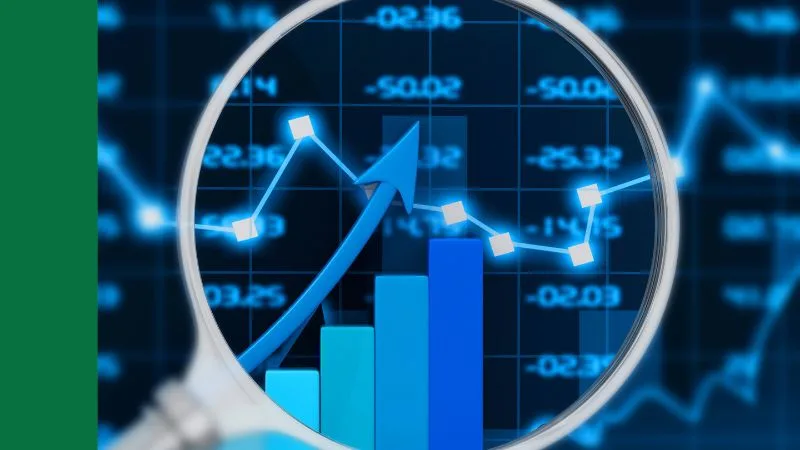Magellan Financial Group Ltd (ASX: MFG) has announced its June 2019 funds under management and its estimated performance fees for the year.
Magellan is a funds management business that largely invests in international shares like Facebook and Visa. It was set up in 2006 by Hamish Douglass and Chris Mackay. Since inception, Magellan claims it has been one of the most consistent market outperformers after fees.
Magellan’s June 2019 FUM
Magellan revealed that in the final month of FY19 it grew its funds under management (FUM) by almost $4 billion to $86.7 billion. This was partly due to the net inflows of $488 million, which included net retail inflows of $132 million and net institutional inflows of $356 million.
Retail money now represents $23.2 billion of institutional money accounts for $63.5 billion of the FUM. In terms of strategy, $64 billion is invested in global shares, $15.2 billion is invested in infrastructure and $7.5 billion is invested in Australian shares.
In July Magellan will pay distributions (net of reinvestment) of around $604 million, which will be reflected in next month’s FUM figures.
Magellan Performance Fees
With FY19 officially over, Magellan was able to provide an estimate about its performance fees for the year.
Magellan estimated that it has generated performance fees of approximately $83 million. The company warned that performance fees can fluctuate significantly from year to year.
The average FUM for the 12 months ended 30 June 2019 was $75.8 billion, compared to $59 billion for the 12 months ended 30 June 2018.
Is Magellan A Buy?
Magellan has proven to be one of the best fund managers, if not the best, in Australia with how consistently it beats its benchmark. Whether the strong performance can continue if the US goes through tough times remains to be seen.
With an attractive dividend policy and dividend yield Magellan is focused on rewarding shareholders. It has done very well and could continue to outperform the returns of the ASX index, but I think there could be better priced opportunities at the moment.
For example, I think the growth shares revealed in the free report below could be even better for a portfolio.
[ls_content_block id=”18457″ para=”paragraphs”]
[ls_content_block id=”18380″ para=”paragraphs”]






